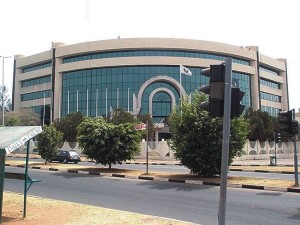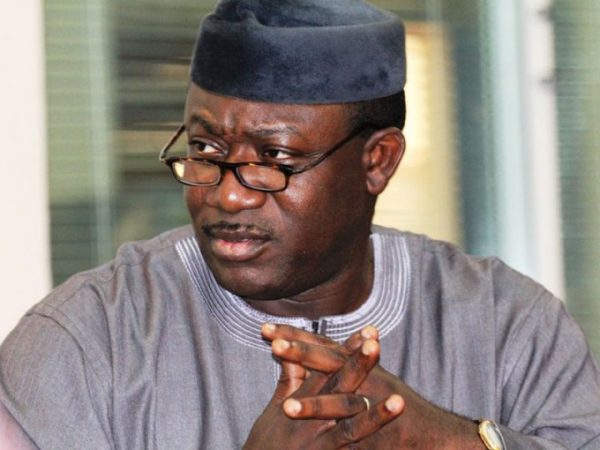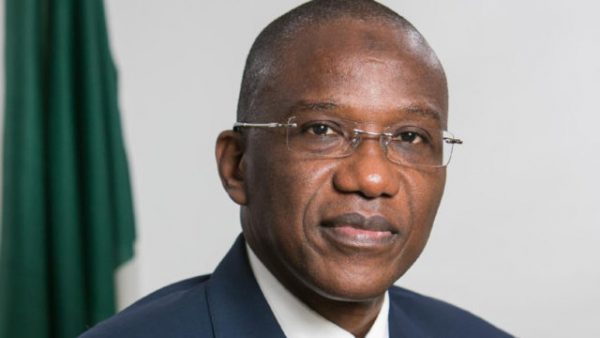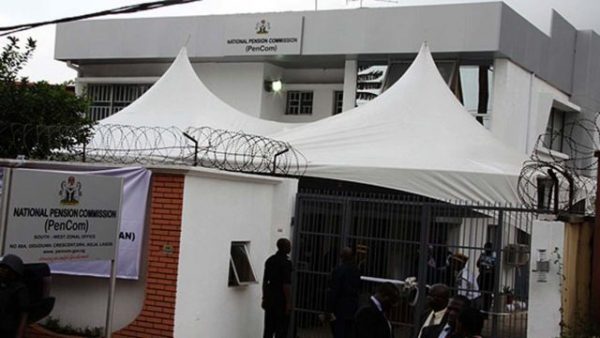Nigeria’s recession drags West Africa’s GDP down – ECOWAS

The President of the ECOWAS Commission, Mr. Marcel de Souza, says the recession being experienced in Nigeria has a negative impact on the sub-region’s overall economic performance.
De Souza said this while presenting the Community Status Report at the ongoing Second Ordinary Session of the ECOWAS Parliament in Abuja on Tuesday.
He was represented by the commission’s Vice President, Mr Edward Singhateh.
He said the sub-region’s Gross Domestic Product had declined to three per cent in 2016 from 5.6 per cent in 2013.
De Souza explained that Nigeria’s economy represents two thirds of the sub-region’s GDP.
He said Nigeria’s GDP had dropped to 2.3 per cent in 2016 from 5.4 per cent in 2013, one of the lowest in the sub-region.
De Souza explained that the drop in Nigeria’s growth rate was due to the reduction in oil prices.
He said that The Gambia also had a reduction in its growth rate to 2.3 per cent from 4.8 per cent in 2013.
Liberia and Cape Verde, he said, had a growth rate of 2.5 and 2.9 per cent respectively from 8.1 and one per cent respectively.
The member state with the highest growth rate was Cote d’Ivoire from 9.3 per cent in 2013 to 9.8 per cent in 2016.
Other member states experienced a growth rate of between 4.5 per cent and 6.6 per cent in 2016 against 3.3 per cent to 13 percent in 2013.
He said, “The decline in Sierra Leone’s growth rate from 13 per cent to 21.5 per cent was mainly due to the negative impact of the Ebola Virus Disease on the country.”
The ECOWAS president said that the highest inflation rates for 2015 were recorded in countries of the West African Monetary Zone which includes The Gambia, Ghana, Liberia, Nigeria and Sierra Leone.
He noted that Ghana recorded the highest inflation rate of 17.7 per cent in 2015.
He said that the other member countries of the Union Economique et Monitaire Ouest Africaine and Cape Verde recorded an inflation rate of less than two per cent in 2014 and 2015.
The countries include Benin, Burkina Faso, Guinea Bissau, Cote d’Ivoire, Mali, Niger, Senegal and Togo.
He also noted that Africa’s economic growth declined from 3.8 per cent in 2014 to 23.2 per cent in 2015 and was expected to reach 2.8 per cent in 2016.
De Souza noted that the decline was due to the fall in oil prices, as well as prices of commodities and the fragile political situation in some countries.








